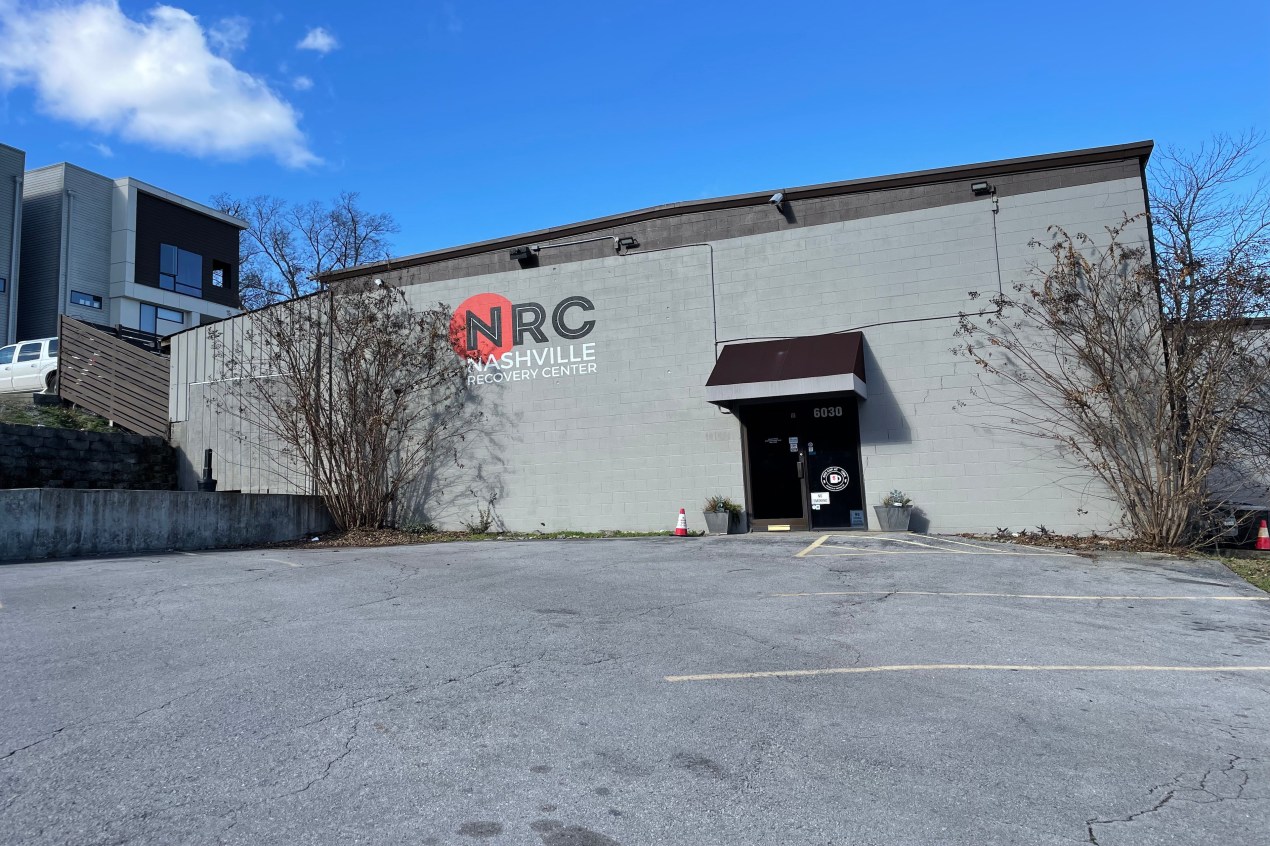Navigating the Journey of Detoxification in the Comprehensive Addiction Therapy Program
The procedure of detoxing holds a significant duty in breaking the physical dependancy on materials and preparing the individual for the subsequent phases of treatment. As individuals grapple with the obstacles of withdrawal symptoms and the unpredictabilities that lie in advance, having a durable support and an organized plan system in area comes to be vital.
Significance of Detoxing in Healing

Cleansing sets the structure for the remainder of the dependency therapy program by preparing the person for additional therapy and therapy. By cleansing the body important that have been clouding judgment and influencing habits, detoxification makes it possible for clients to approach their recovery with a more clear mind and more powerful emphasis.
Moreover, detoxing assists in handling the possibly extreme withdrawal signs that may develop when medicine or alcohol usage is quit. Medical professionals closely keep track of patients throughout detox to guarantee their safety and provide necessary support. With this procedure, people can begin their journey in the direction of sobriety with a maintained psychological and physical state, enhancing the possibility of an effective healing.
Comprehending the Detoxification Process
Detoxing, a fundamental component of dependency therapy programs, includes an organized process focused on safely removing hazardous substances from the body to promote a successful recovery journey. The detoxification procedure commonly begins with an assessment to examine the person's material usage background, physical wellness, and psychological health. This evaluation assists healthcare specialists determine the most proper detoxification plan tailored to the person's demands.
During detox, the body experiences withdrawal as it adapts to the lack of the compound. Withdrawal symptoms differ relying on the sort of substance used, the duration of use, and private variables. Clinical guidance during detoxification is critical to manage withdrawal symptoms and make certain the person's security and convenience.

Managing Withdrawal Symptoms

Medications might be used to minimize details withdrawal symptoms and reduce discomfort. As an example, medications like methadone or buprenorphine can help handle opioid withdrawal symptoms, while benzodiazepines might be used for alcohol withdrawal. It is necessary for doctor to very carefully monitor the person's action to these medications to ensure their safety and security and efficiency.
In enhancement to medicinal treatments, supportive therapies such as counseling, peer support system, and holistic methods like mindfulness reflection or yoga exercise can help people handle the psychological and psychological obstacles of withdrawal. By addressing withdrawal symptoms thoroughly, doctor can boost the detoxification experience and assistance individuals on their journey to recuperation.

Assistance Equipments During Detox
Support group play a crucial duty in supplying social and psychological assistance to individuals undertaking detoxification in dependency therapy programs. During the detox procedure, people typically experience a variety of physical and mental withdrawal symptoms, making this phase challenging find - Addiction Treatment Center. Having a solid assistance system in location can substantially impact the individual's capability to browse with detoxification successfully
Household members, close friends, support teams, and health care professionals are important elements of the support group. Family close friends and members can offer inspiration, understanding, and a feeling of belonging during this difficult time. Support system offer a platform for people to connect with others who are undergoing similar experiences, providing a feeling of area and shared understanding. Health care experts, consisting of therapists, therapists, and physicians, play an important duty in keeping track of the person's development, giving clinical support, and providing advice throughout the detox procedure.
Looking Ahead: Life After Detox
Having actually efficiently finished the cleansing stage, individuals in dependency therapy programs currently concentrate on getting ready for the difficulties and possibilities that exist in advance in their trip towards recovery. Life after detox marks a critical shift duration where people must proceed to build on the progress made during detox to maintain their soberness. It is necessary for individuals to acknowledge that the trip in the direction of recovery is continuous and requires dedication, dedication, and a willingness to embrace modification.
One secret element of life after detoxification is the development of dealing devices to deal with triggers and food cravings that might develop. This may entail learning new abilities, such as mindfulness practices, cognitive-behavioral strategies, and stress administration methods, to browse challenging circumstances without resorting to compound usage. Furthermore, individuals are urged to have a peek here proactively take part in recurring treatment, assistance teams, and aftercare programs to strengthen their assistance network and get guidance as they navigate the complexities of life post-detox.
Final Thought
In final thought, detoxification is an important part of click this link the comprehensive addiction treatment program. Understanding the detoxification procedure and handling withdrawal signs and symptoms are vital actions in the direction of recovery. Support group play a significant role during this difficult trip. Addiction Treatment Center. Looking ahead, life after detoxification holds promise for a healthier, substance-free future. It is crucial to identify the relevance of detoxification in the procedure of getting rid of dependency and relocating in the direction of a life of sobriety.
Medical supervision throughout detox is important to handle withdrawal signs and ensure the person's security and convenience.
By understanding the detoxification procedure and its significance in breaking the cycle of addiction, individuals can get started on a course in the direction of lasting recovery.
Throughout the detox procedure, people commonly experience an array of physical and emotional withdrawal signs, making this stage tough. Health care specialists, including counselors, specialists, and medical professionals, play an essential duty in keeping track of the individual's progression, supplying clinical support, and using advice throughout the detox process.
Life after detoxification notes a crucial shift period where individuals have to continue to construct on the development made throughout detox to preserve their soberness.